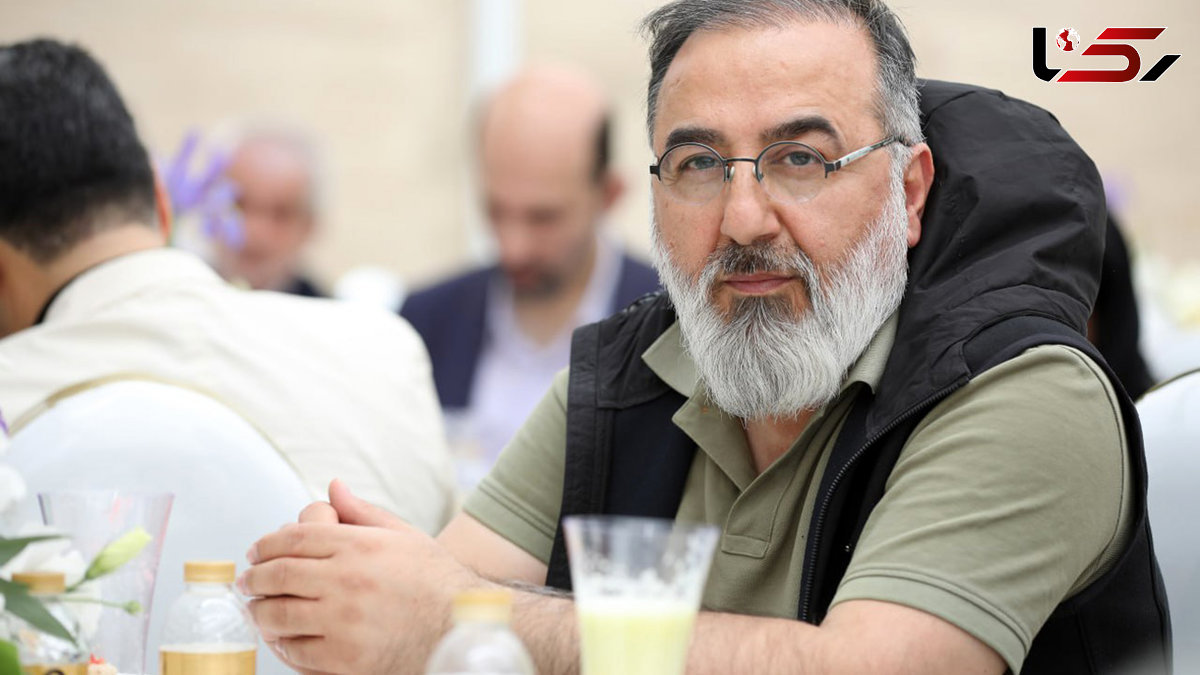When High-Level Political Dialogues Silence the Voice of the People
Last night, Masoud Pezeshkian, President of the Fourteenth Government, held a session with Hojjatoleslam Mohammad Ali Abtahi, Abdullah Ganji, and Alireza Mozi to engage in dialogue; a meeting dedicated to reviewing current issues and assessing the government’s performance over the past year.

Although such an initiative from the Presidential Office is noteworthy, several key points were overlooked:
Politics Over People’s Livelihoods
A large portion of the discussion focused on political and macro-level matters, whereas the primary concern of citizens today is the economy and livelihood. A serious question arises: what tangible outcome did this dialogue offer to people who face daily inflation and economic pressure?
The Gap Between Political Actors and Real Society
The three figures present at the meeting are primarily known as political activists rather than journalists embedded in society. A social reporter is present in the lives of people, experiences their daily struggles, and represents the genuine voice of society; however, such a voice was absent from last night’s dialogue.
Lack of Clear Response on Livelihood Issues
While the household table has grown smaller for many and even vanished for some, the President offered no clear or practical response to this situation during the session. Questions regarding rising prices of essential goods, pressure on middle and lower classes, and market instability remained unanswered.
Public Expectations from a People-Centric Government
Mr. Pezeshkian has introduced himself as a “people’s president,” and citizens have stood by him with exemplary patience and endurance. Yet the question remains: how long must these patient citizens bear the cost of inefficiency and disregard for their livelihood? Isn’t it time for the government to provide concrete and actionable plans to improve living conditions instead of repeating political generalities?
The Necessity of Social Journalists in Such Sessions
It would have been preferable if this meeting, held during Government Week, had included one or more social journalists. Their presence could have served as a bridge between the people and the President, raising real societal questions—from the price of bread and dairy products to rent and healthcare costs.
The people of Iran have historically shown resilience and generosity in overcoming hardships. Now, it is the government’s turn to demonstrate its own greatness through action. No matter how important political dialogues are, without addressing the economic and livelihood challenges of citizens, they cannot serve as a remedy for society’s pains.
Masoud Ebrahimi / CEO of Rokna
Send Comments